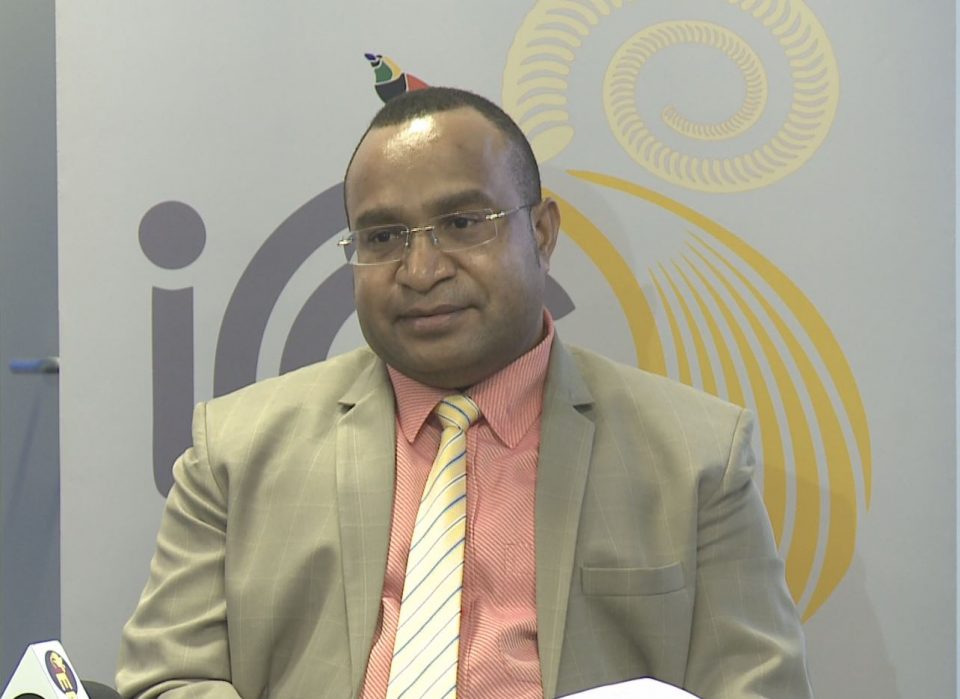The Internal Revenue Commission (IRC) has imposed a substantial K140 million tax against a prominent logging operator (identity withheld) in Papua New Guinea for engaging in illicit tax evasion, specifically through transfer pricing.
This amended assessment (tax bill) is a direct outcome of an extensive transfer pricing audit conducted on the taxpayer. This was revealed by the Commissioner General Sam Koim yesterday when announcing the outcome of the first of more than twenty audits initiated since he took office.
“The logging sector in PNG has long been suspected of involvement in tax evasion. Instead of turning a blind eye, we have initiated over twenty audits since I took office. Cross-border transfer pricing audits are intricate and time-consuming, hence it has taken some time. I am pleased to report that this is the first outcome of those audits,” Koim said.
Commissioner Koim said, based on a risk assessment, the taxpayer had significant volumes of transactions with related parties, did not file Schedule Seven (International Dealing Schedule), was disclosing annual and historical losses in its income tax returns, and had not paid any corporate taxes in PNG for several years.
During the audit, the taxpayer was not cooperative and provided limited information, which made the IRC’s audit, verification, and enforcement tasks more difficult and burdensome. The taxpayer’s failure to disclose the truth about the actual corporate residency of its log buyer was an indication that it intended to hide something.
Koim said the main transfer pricing issue uncovered by the audit is that the taxpayer sold log species to related parties at prices lower than international market prices and thus, reported a lower income than its logs would have been sold. This means an under-pricing of log species sold by the taxpayer to related parties with significant pricing differences compared to the market prices prior to and during the audit period, therefore not generating enough amount of revenue and consequently not paying any corporate income tax.
Mr Koim said for the years under audit, the taxpayer should have recorded additional revenues of K181 million and offset losses of K31 million. This implies that it must pay K46 million in corporate income taxes to the PNG Treasury, instead of claiming losses. After applying a 200% penalty (accounting for K95 million), the taxpayer is liable to pay K140 million.
He said, IRC continues to strengthen the capacity of its officials and the tools available to tackle tax fraud, evasion, and avoidance. Robust international instruments are about to change the way audits are performed and will allow for an increase in the exchange of information requests and joint audits. Penalties will also be tightened to ensure voluntary compliance.
Mr Koim added that making false and misleading declarations to the IRC is a serious offense with a jail term of not more than four years. The IRC will prosecute not only the taxpayers but also those who are responsible for hiding information and making false declarations to the IRC to reduce their tax liabilities.


